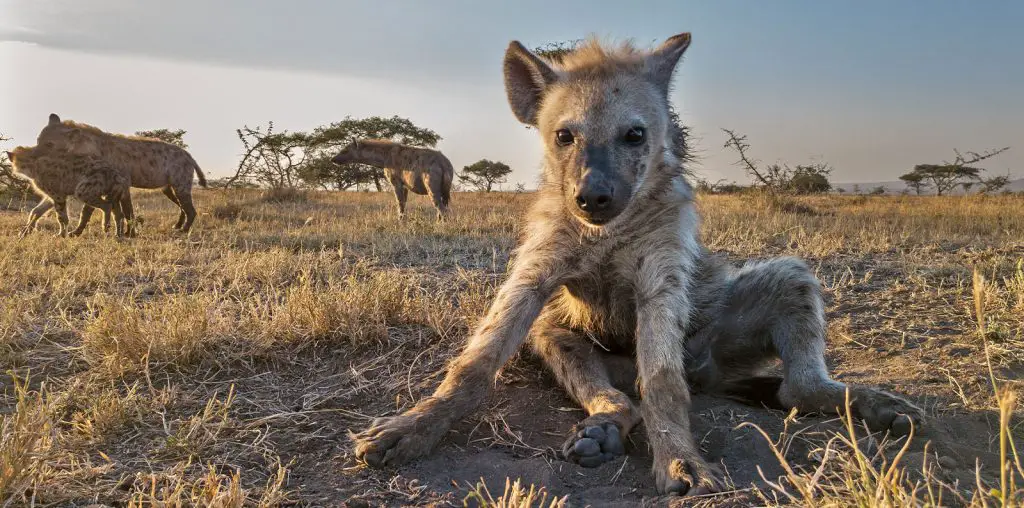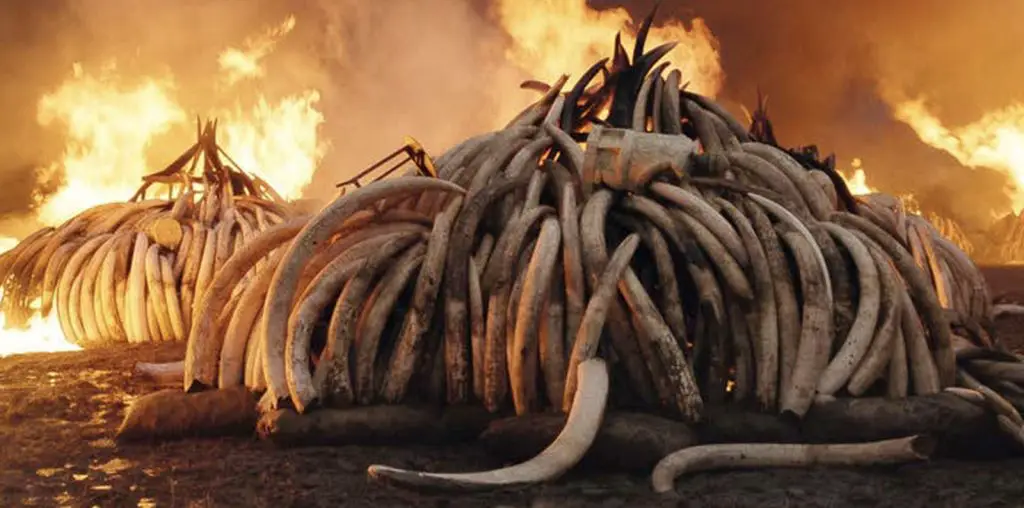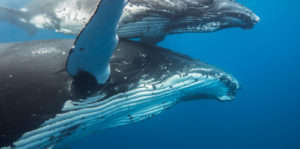
Philip Hamilton’s Ocean Souls is one of the most beautiful nature documentaries I’ve seen in a long time. The film’s subjects are marine mammals (specifically whales and dolphins), also known as cetaceans. Along with new science and the contribution of over 100 filmmakers, 25 renowned scientists, and marine experts, Ocean Souls makes a convincing case that cetaceans are the closest relatives we, as humans, have.
Broken up into chapters, director Hamilton compares the spectrum of emotion and concept of family that we share with our oceanic counterparts. The film starts with the basics of emotions. The most striking example is a mother killer whale, who will drag the body of her dead calf for miles and days as an expression of mourning. However, it’s not hard to believe that cetaceans also express fear, anger, happiness, and even stress over mistreatment by humans as a whole.
Where Ocean Souls has advanced the education of cetaceans beyond the typical documentaries I’ve seen in school or on PBS is in the area of socialization and family. It all begins with their complex ways of communicating with one another directly through the familiar or over great distances through echolocation. We learn that whales are a matriarchal society as far as their familial structure goes. The grandmother is the leader of each pod. When a mother is giving birth, the others act as midwives. If anything should happen to the mother in childbirth, the pod will take over nursing and caring for the calf themselves.
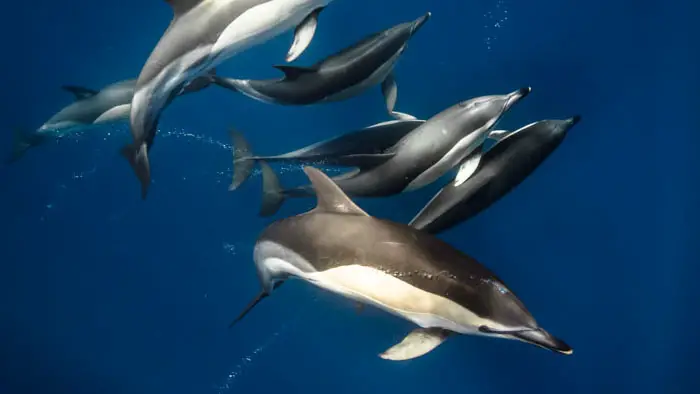
“…makes a convincing case that cetaceans are the closest relatives we, as humans, have.”
The later chapters discuss the harmful effects humans have on the survival of the endangered cetaceans. For centuries, we have hunted whales and dolphins… almost to the point of extinction. Hamilton brings up the importance whales have in maintaining environmental balance. (Don’t miss the fun facts about whale poo). While most of the world has outlawed commercial whaling, countries are still hunting them privately. The experts also point out that the extensive use of sonar technology is detrimental to cetacean’s ability to communicate.
My only real criticism with Ocean Souls is the messaging can be very heavy-handed. The film’s first half makes the case that whales and dolphins are not dissimilar to humans. We feel, love, have families, and have a responsibility to the well-being of our neighbors and community. As the emotional connection is made between animals and ourselves, the dialogue shifts to murdering an animal and akin to murdering another person. I would dismiss this statement, but it’s definitely worth having a conversation to better our treatment of cetaceans, particularly for pointless commercial reasons. The need to kill a whale or dolphin has zero impact on my ability to live life day-to-day.
There is a lot of footage of cetaceans, and it’s all up-close and personal. Most documentaries I’ve seen always show them from a distance of 100 feet or so. Here though, we are only several feet away, enough to feel like we’re right in the middle of the action, which helps back up the presented information.
From start to finish, Ocean Souls is visually stunning. Over 100 filmmakers provided thousands of minutes of footage, and director Hamilton makes it feel like one cohesive collection. From the color and clarity alone, you’d swear it was all filmed by one person. Lastly, running just shy of an hour, the documentary packs in a lot of information while never feeling rushed at all. It is a must-watch if you love nature documentaries or specifically love whales and dolphins.
For more information about Ocean Souls, visit https://www.oceansoulsfilms.com/
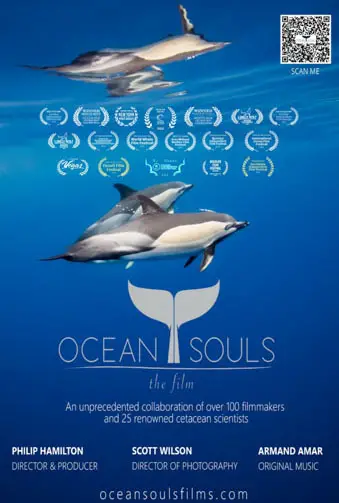
"…a lot of footage of cetaceans, and it's all up-close and personal."

